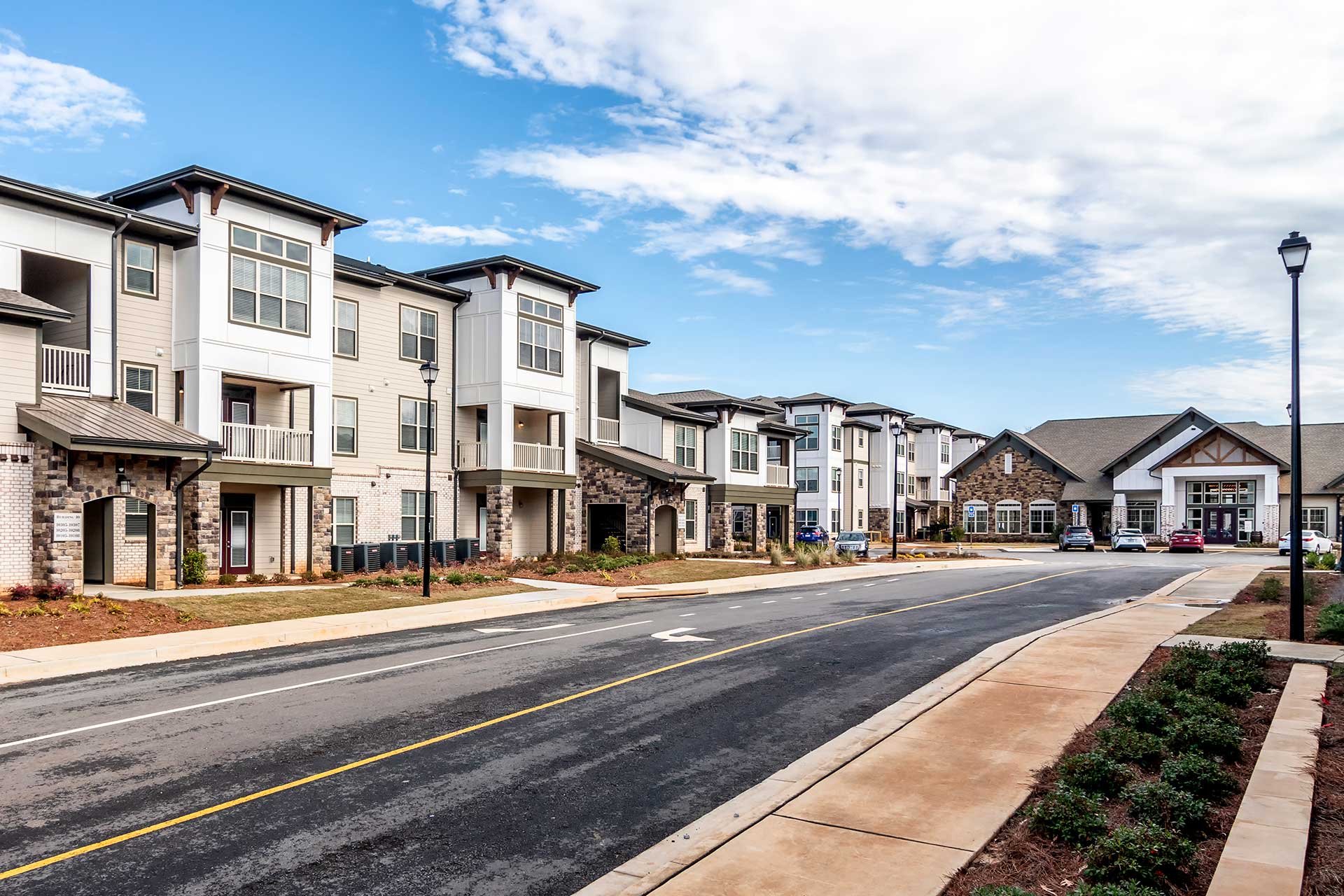As some capital sources pulled back on construction lending due to COVID-19, workforce housing developers and other builders have increasingly turned to HUD 221(d)(4) financing.
HUD 221(d)(4) insures mortgage loans to build new construction or substantially rehabilitate multifamily rental or cooperative housing, offering high-leverage, nonrecourse, fixed-rate loans with terms up to 40 years.
Calling it a “consistent and stable financing option,” Kimberly Gift, COO at Dwight Capital said she expects “the D4 program to increase in popularity” as the impacts of coronavirus continue.
Greystone Managing Director Shana Daby noted the firm had a “robust pipeline” of D4 loans for several years pre-pandemic but saw an increase as other capital providers limited lending.
“We’re looking to close $450 million of D4s this year, which would be a record for us, and we have $2.3 billion of D4s in the pipeline,” Daby said.
In August, Greystone provided a $49 million FHA construction loan to AMCAL Equities LLC under the D4 program to develop Katy Apartments, a 324-unit Texas multifamily community. Daby noted the D4 financing is helping AMCAL bring much-needed market-rate and workforce housing to the Houston region. The financing funded 85 percent of total project costs and was structured as a nonrecourse, fixed-rate construction loan that automatically converts to a 40-year, fully amortizing permanent loan upon stabilization.
“Conventional lenders don’t usually do 85 percent of cost,” Daby said.
Scott Hoppa, vice president of McShane Construction Co.’s Southeast region, said his company got more requests for information about D4 loan construction when the pandemic arrived from developers new to HUD-insured financing and those that had previously used it.
McShane recently completed Noble Vines at Braselton, a 248-unit property in Buford, Ga., for Claret Communities. He described the garden-style buildings, which received D4 financing, as market-rate apartments for moderate-income families. Hoppa said he has also seen the D4 loans “packaged into affordable housing as part of the capital stack.”
This article was originally published in Multi-Housing News with contribution by McShane Construction Senior Vice President, Scott Hoppa. Click here to view the original article.
